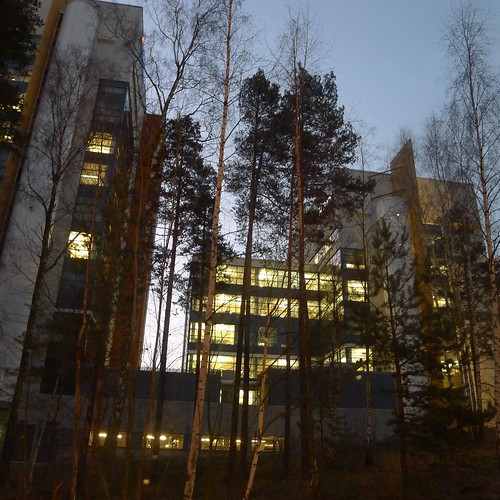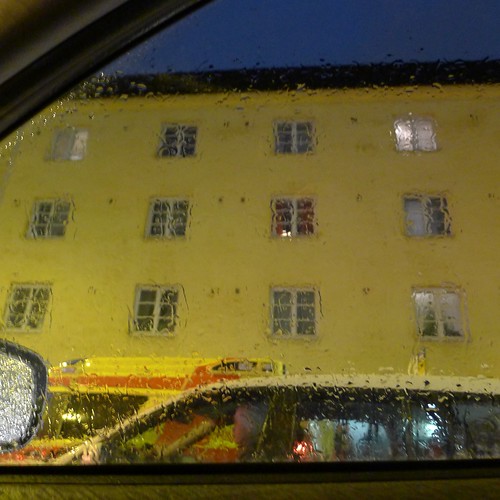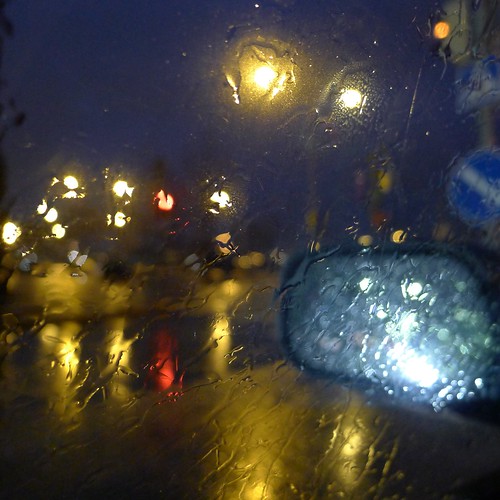I haven't been sleeping well because of the cough, so I'm even more scatterbrained than usual. There are some clearer moments when I wonder what just happened, didn't I think anything at all.
Luckily many basic skills survive intact, is is mainly things like meetings and discussions which cause problems. I hope this will start improving soon, now it is six days since I got the first symptoms of the flu.
And weather, it has been depressingly rainy, not a chance of getting snow any day soon. White Christmas seems rather unlikely at this point.
I had a look at my photographs from year before, and then it was a winter wonderland. I'm getting a keener and keener craving for snow. And colors.
TENENTS ONLY
7 hours ago







5 comments:
I see your project of reading English poetry to see how it translates continues.
Robinson Jeffers. Well written evocative stuff although he does tend to be a bit more pessimistic about humanity than I am, which is really saying something.
Interestingly, I first encountered his poetry in a book of photos by Morley Baer.
How does his stuff come across to someone for whom English is not their first language?
Juha, my best wishes for a fast recovery!
@Paul: I tried to find Finnish translations of English poems that made an impact, but that proved to be time-consuming and difficult. So I'm looking from the other direction as well: reading anthologies of poems translated into Finnish and then checking out how the original reads.
As an example, I just borrowed from the library an anthology of English, Scottish and Irish poems, originally written by Fleur Adcock, Simon Armitage, John Burnside, Ciaran Carson, Kate Clanchy, Carol Ann Duffy, Helen Dunmore, Geoffrey Hill, Kathleen Jamie, Jackie Kay, Michael Longley, Don Paterson, Deryn Rees-Jones, Robin Robertson, Jo Shapcott, Pauline Stainer - none of which I knew previously. (The name of the book is "Kuuna päivänä".)
We are also reading with the children a book of translated poems and stories, including work by Whitman and Eliot. Children loved these.
Another thing altogether are poems translated from Chinese or Japanese ... It seems impossible that any meaning can survive, so different are the languages. But we have excellent translators (poets themselves) in Finland, who have created translated poems which operate quite like photographs, as if they were not put together of words at all.
In fact, it is remarkable how Chinese poems seem to breathe lived life, not speak in abstractions as so much of western poetry.
And this is even more remarkable when you note that Gongsun Long (ca. 325–250 BC) pondered questions which western logicians and set theorists invented much, much later.
And Morley Baer - I didn't know about him, there is so much to learn...
@Markus: Thanks, today I managed to go out for a walk, maybe this is getting better.
@Paul: I missed your real question, about Jeffers: he is not easy at all. I sense there is some kind of gestalt in the poems, but it doesn't fully open. It may, in time.
Post a Comment